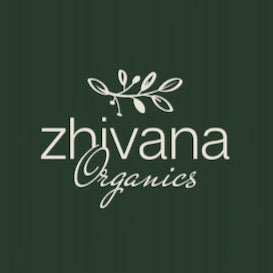Zhivana Organics
Organic Marshmallow Leaf Tea – 5 lb Bulk
Organic Marshmallow Leaf Tea – 5 lb Bulk
Couldn't load pickup availability
Soothe, nourish, and restore with our hand-picked Marshmallow Leaf Tea (Althaea officinalis) — a time-honored botanical known for its calming properties. Sourced from ecologically clean regions of Ukraine and carefully dried to preserve its natural goodness, this herbal tea is a gentle yet powerful addition to your wellness routine.
✨ Why You'll Love It:
• USDA Certified Organic – Clean, chemical-free, and sustainably grown.
• Supports Digestion – Naturally rich in mucilage, it helps coat and calm the stomach and digestive tract.
• Soothes the Throat & Respiratory System – A traditional go-to for dry throat and mild cough relief.
• Gentle Detox & Hydration – Mild diuretic action supports kidney function and flushes toxins.
• Skin & Urinary Support – Known for its soothing effects inside and out.
• Antioxidant-Rich – Helps protect cells from oxidative stress.
☕ How to Use:
Steep 1–2 teaspoons of dried marshmallow leaf in hot water for 10–15 minutes. Enjoy up to 2–3 times daily, or as recommended by your herbalist.
🌱 Ingredients: 100% Organic Dried Marshmallow Leaf (Althaea officinalis)
📦 Size: 5 lb bulk – ideal for frequent tea drinkers, herbalists, or small apothecaries.
💛 Thank You for Supporting Us:
Every order helps sustain our small business and the hardworking families in Ukraine who carefully harvest each leaf by hand.
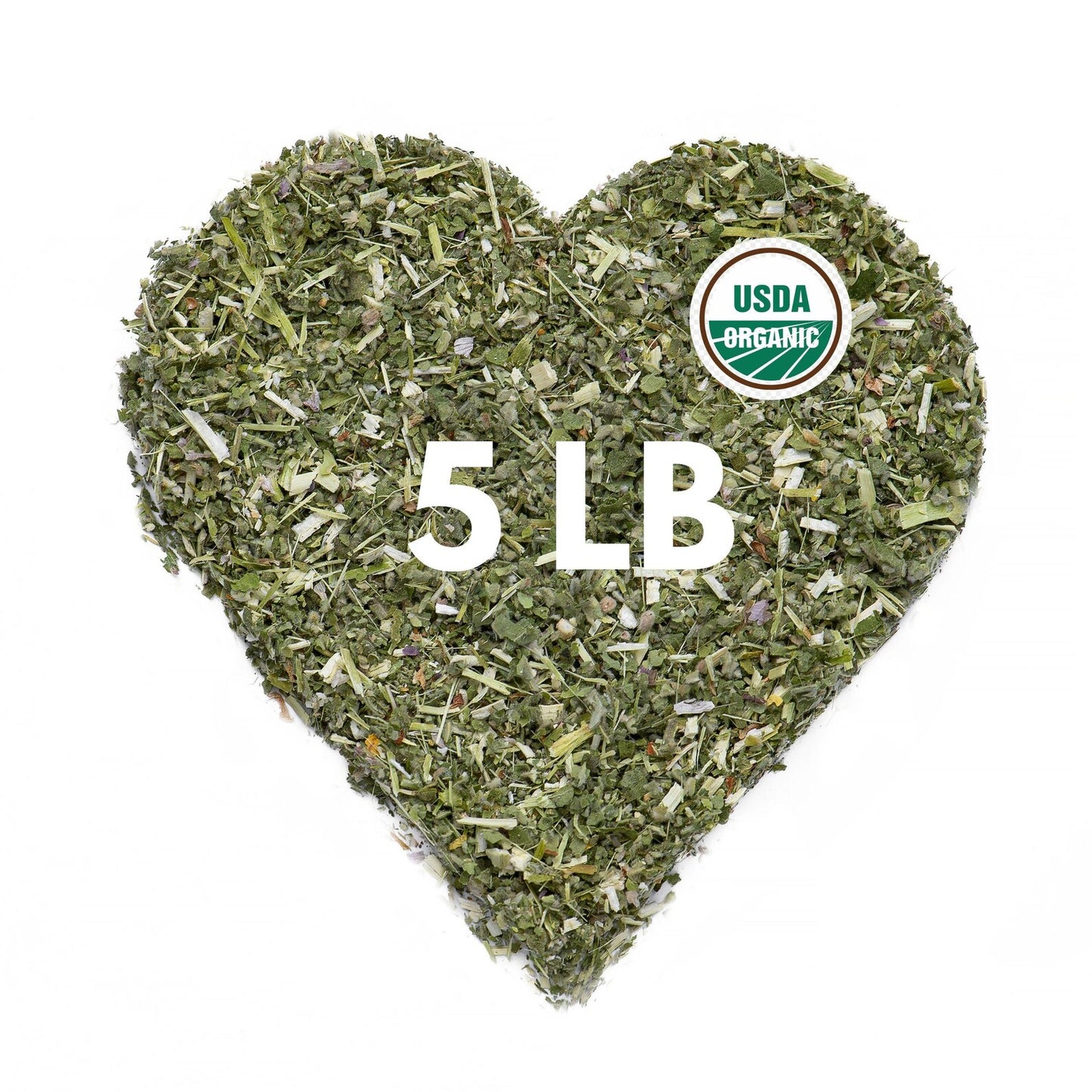
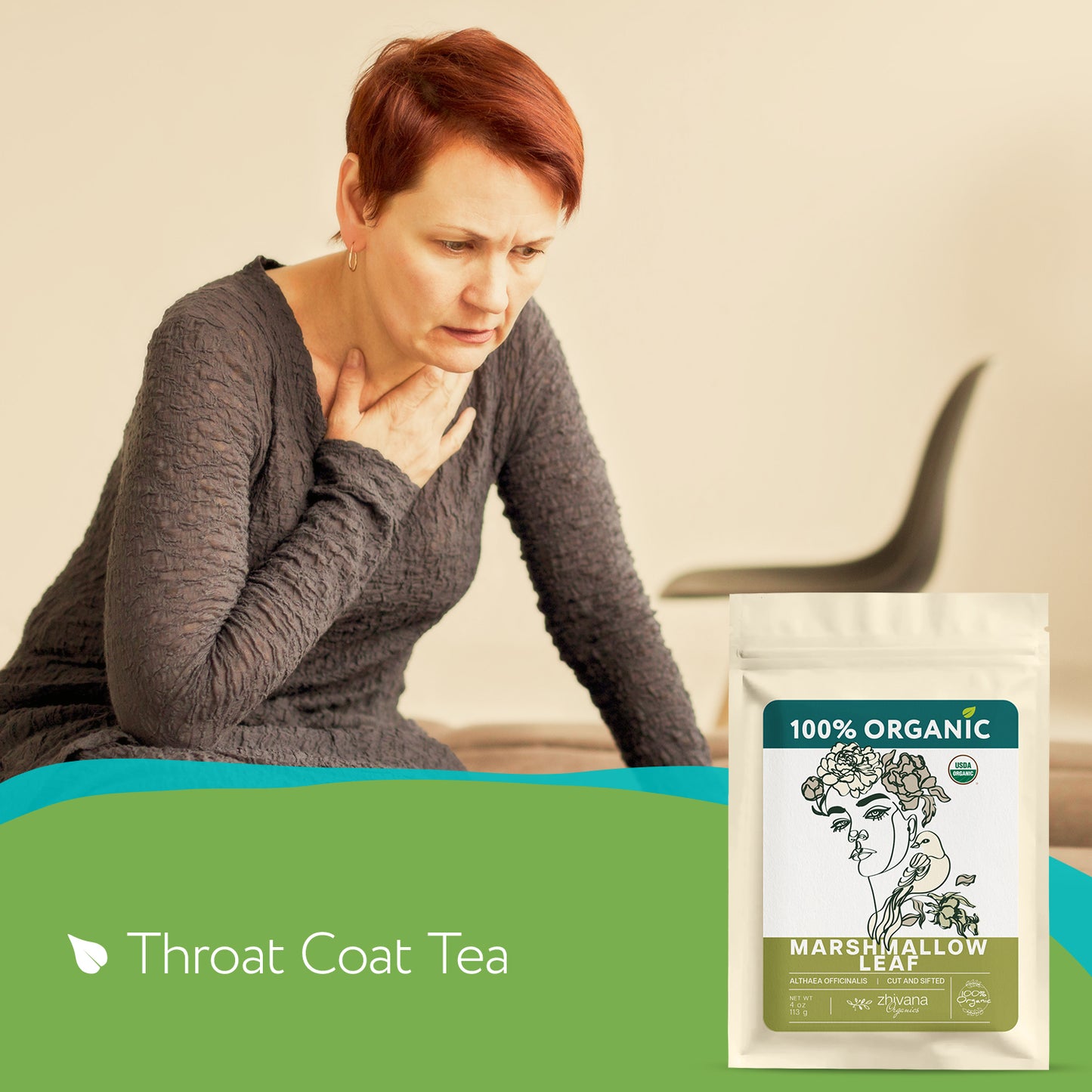
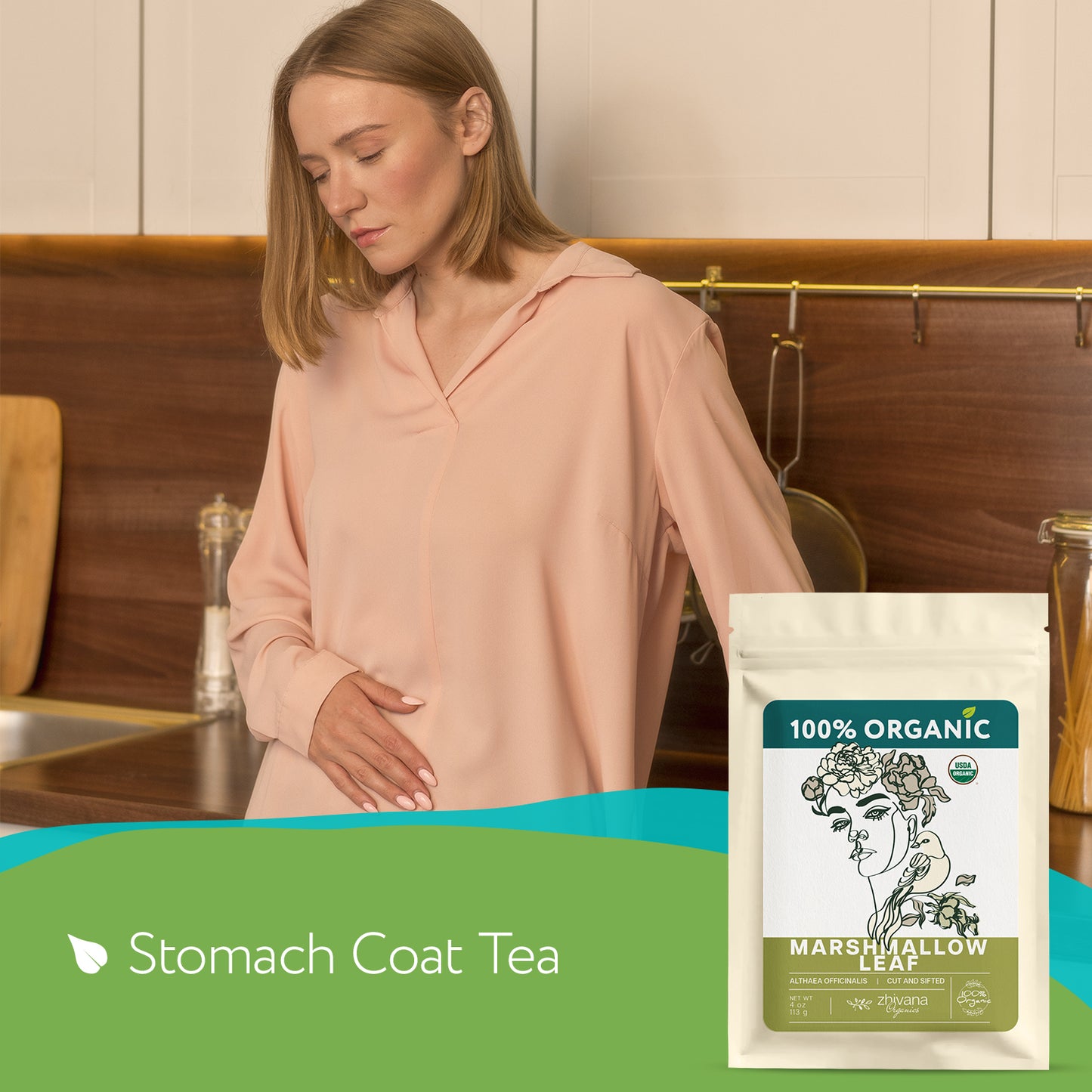
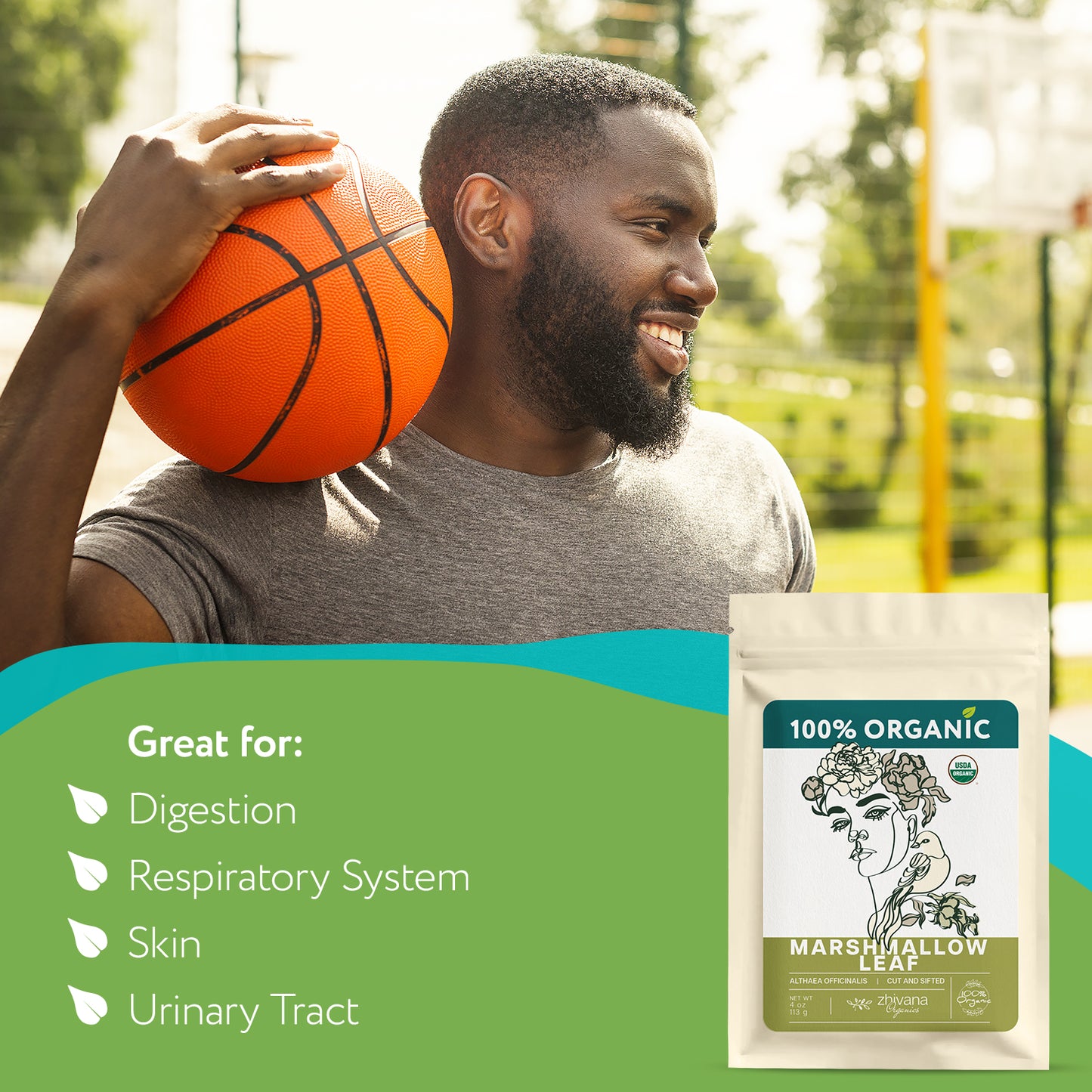
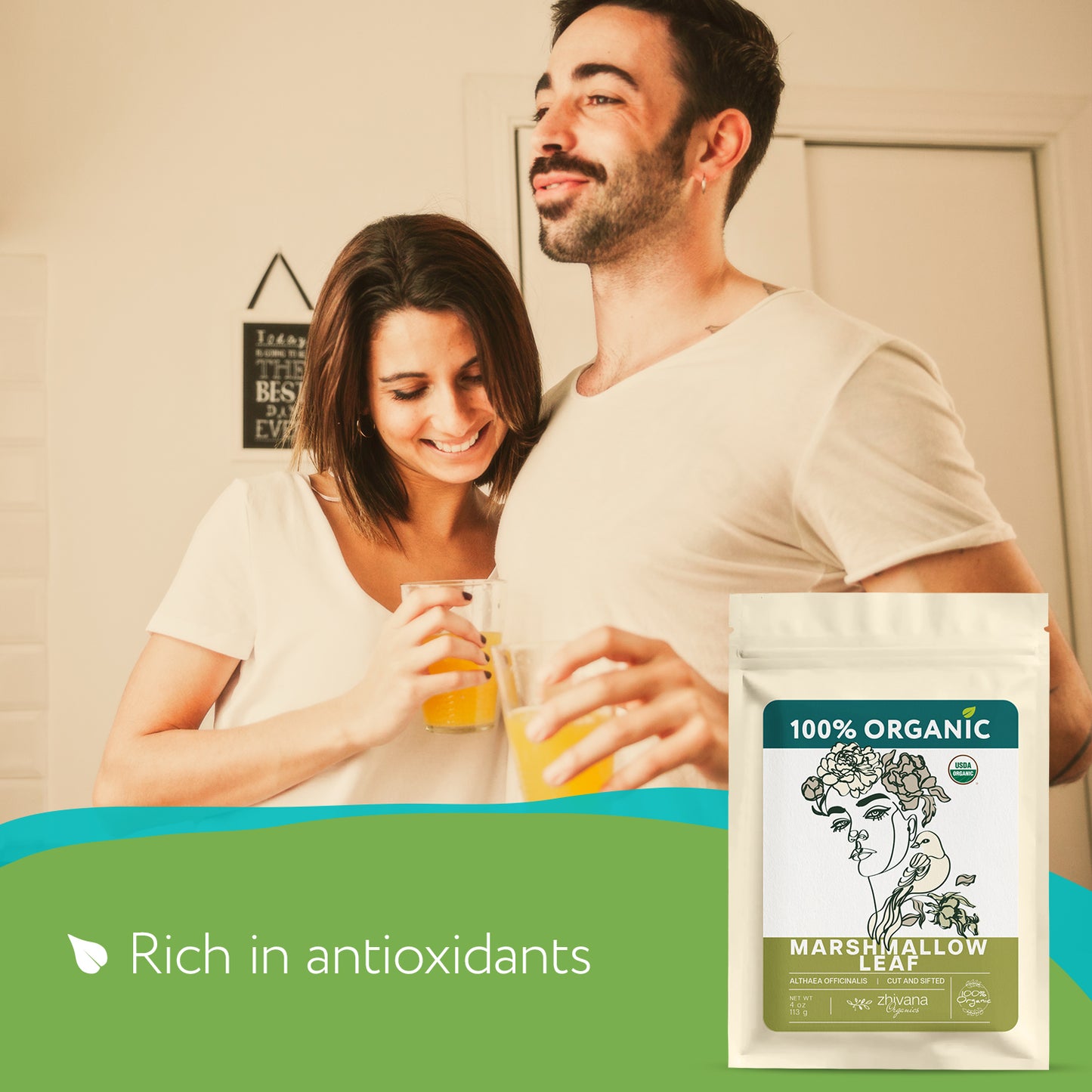
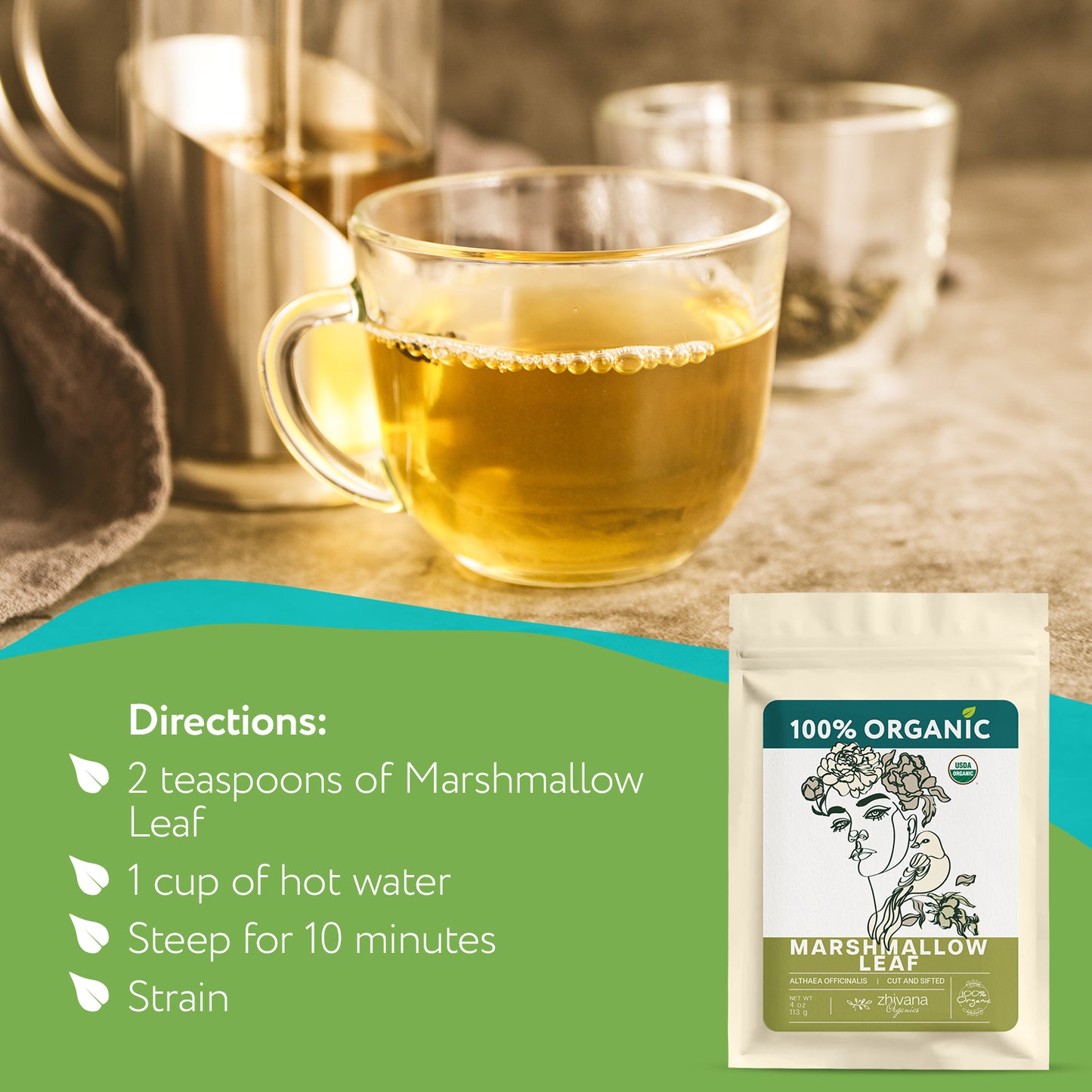
Questions & Answers
Is Nettle Leaf Tea good for kidneys?
Nettle leaf tea is often believed to have potential benefits for kidney health. It is considered a diuretic, which means it may help promote urine production and support the flushing out of waste and excess fluids from the body. However, as with any herbal remedy, it's important to consult with a healthcare professional before using nettle leaf tea for kidney health, especially if you have pre-existing kidney conditions or are taking medications. They can provide you with personalized advice based on your individual health situation.
Does Nettle Leaf Tea help with allergies?
Yes, nettle leaf tea is often believed to help with allergies. It contains natural antihistamines and anti-inflammatory compounds that may provide relief from allergy symptoms like sneezing, runny nose, and itchy eyes. However, individual responses can vary, so it's advisable to try a small amount first and consult with a healthcare professional if you have any concerns, especially if you are on medication or have underlying health conditions.
What does Nettle Leaf Tea taste like?
Nettle leaf tea has a slightly earthy and grassy flavor with subtle notes of sweetness. Some people describe it as having a mild, vegetal taste similar to spinach or other leafy greens. The taste can vary depending on the quality of the tea and how it's prepared. Adding a touch of sweetener or lemon can help balance out the flavor if desired.
Does Nettle Leaf Tea lower blood pressure?
Nettle leaf tea may have a mild diuretic effect, which could potentially contribute to a slight reduction in blood pressure. However, it's important to note that the effect is usually not significant and may vary from person to person. If you have concerns about your blood pressure or are taking medication for it, it's recommended to consult with a healthcare professional before making any dietary changes or incorporating new herbal remedies.
Is Nettle Leaf Tea safe while breastfeeding?
Nettle leaf tea is generally considered safe for breastfeeding
mothers when consumed in moderate amounts. It can provide valuable nutrients and hydration. However, it's always a good idea to consult with a healthcare professional before incorporating any new herbal tea or supplement into your diet while breastfeeding, just to ensure that it's appropriate for your specific health circumstances and won't interfere with your baby's health or breastfeeding experience.
Are there Nettle Leaves only or stems as well?
Nettle leaf tea typically includes only the leaves of the nettle plant, excluding the stems. The stems are generally not used in tea as they can be quite fibrous and have a slightly different texture and taste compared to the tender leaves. This allows for a smoother and more enjoyable tea experience.
